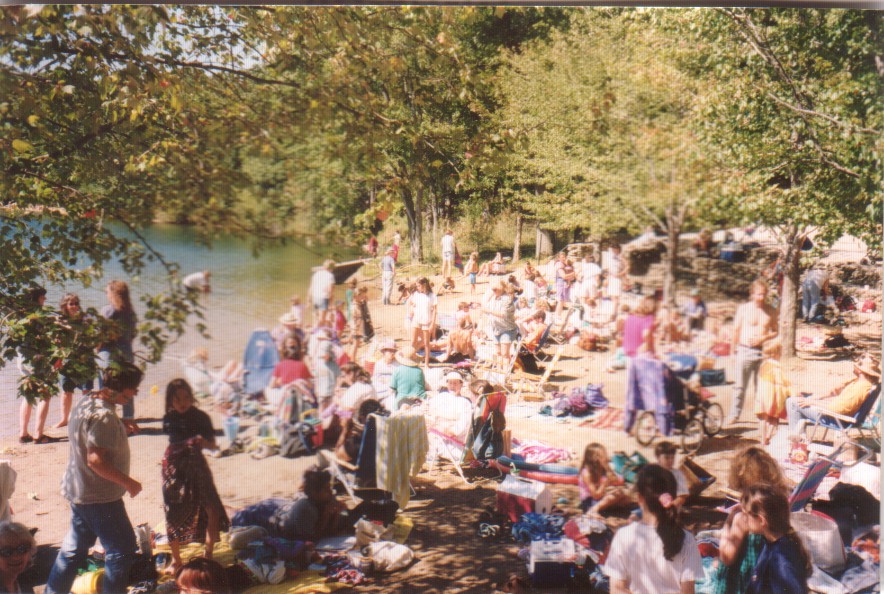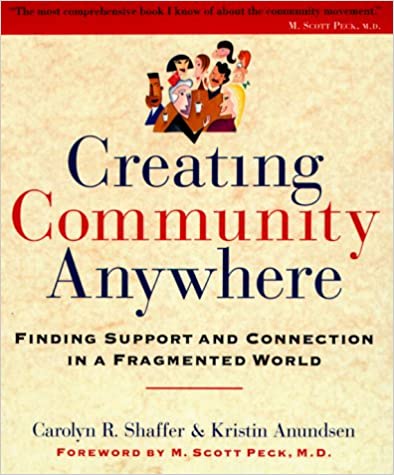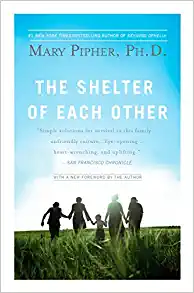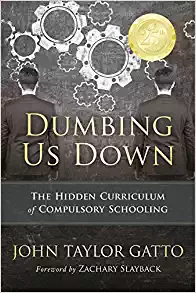Why and How to Get Connected
by Sophia Sayigh
In this day and age, homeschoolers represent a market. There are many businesses catering to homeschoolers’ needs—or perceived needs. When first starting out it can be especially tempting to sign up for a multitude of classes or experiences rather than putting your energy into a grassroots network such as a local homeschool support group. Before you know it, your days are filled with activity and you don’t look back. The intangibles you’d be missing out on—real connection with other homeschoolers and personal empowerment—might be some of the best kept secrets of homeschooling, as well as what would sustain you on this path in the end. It’s worth putting some time and effort in, and yes, if shy, getting your courage up, to figure out how to insinuate yourself into a group of homeschoolers, rather than filling your day with activities that leave you with a busy day void of meaningful relationships. Support groups range in their level of organization, from loose groups of people who get together from time to time, to highly organized groups with missions and boards. Some are inclusive and welcome everyone; others cater to a certain educational philosophy or religion.
It is fine to try out a few and see where you feel comfortable, or to start your own. Homeschooling support groups can act as frameworks for networking, communication and support. It is important to realize that subscribing to an email list or joining a Facebook group does not magically make you part of some deeper pre-existing community. Ready-made communities don’t exist; they are an illusion. You must put time and effort in to forge friendships. You get from the experience what you put into it. Group activities, such as field trips, get-togethers, or classes, often depend on the unique energies and interests individuals bring to the group. Events and activities can be planned by individuals, or in collaboration with others. It is empowering to realize that you, children included, can create the opportunities and experiences you want for yourselves. When attending a meeting or event, be sure to introduce yourself as a homeschooler. A good way to meet people is to extend yourself: organize a field trip or other event, host a meet up, either virtual or in-person. Another level of interaction is the swapping of expertise and interest between homeschooling parents and others’ children. People have been known to organize homeschooler-led groups in literature, writing, including historical fiction and child-published newspapers, history, classic films, math, including logic and set theory, Math Counts, Destination Imagination, art, knitting/sewing clubs, pet clubs, singing, storytelling, theatre groups, and more. Some people charge a nominal fee for leading a class. Others feel that as they give, so will they receive, and gladly put their energies into the It is one of the most beautiful compensations of this life that no man can sincerely try to help another without helping himself…
- Ralph Waldo Emerson

Steps to take in building connection with other homeschoolers:
How support groups work
Examples of rituals and social events you can organize:
Swapping expertise
pot.
In addition to the obvious educational
benefits of all these interactions, whole families get to know one another, lives intersect, and interdependence develops.




